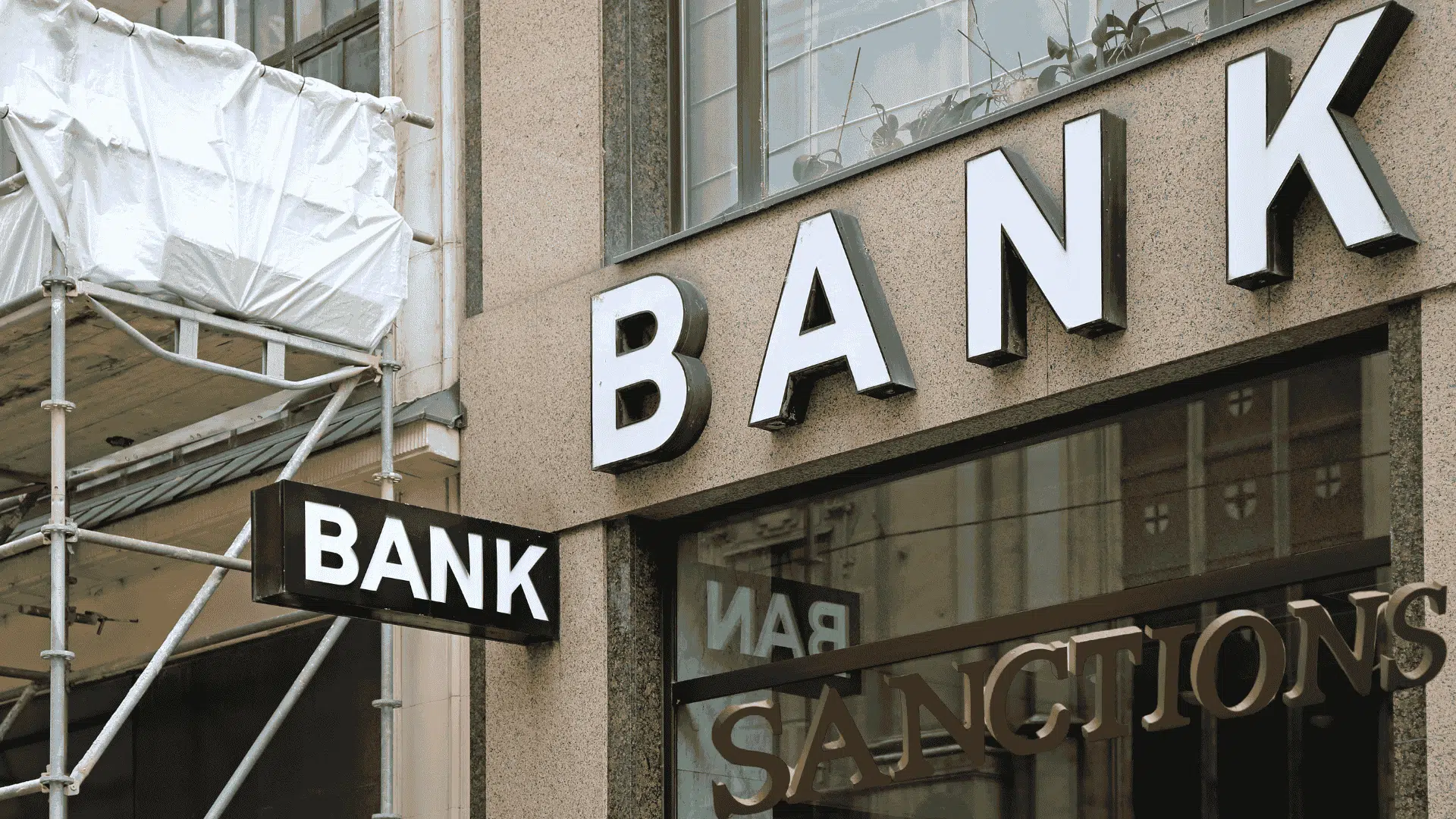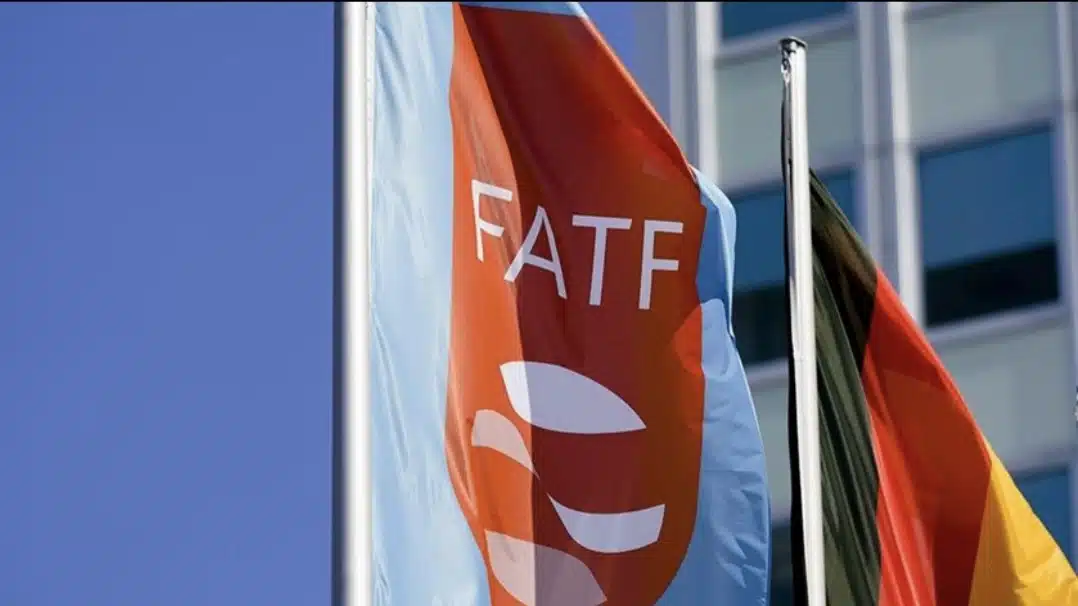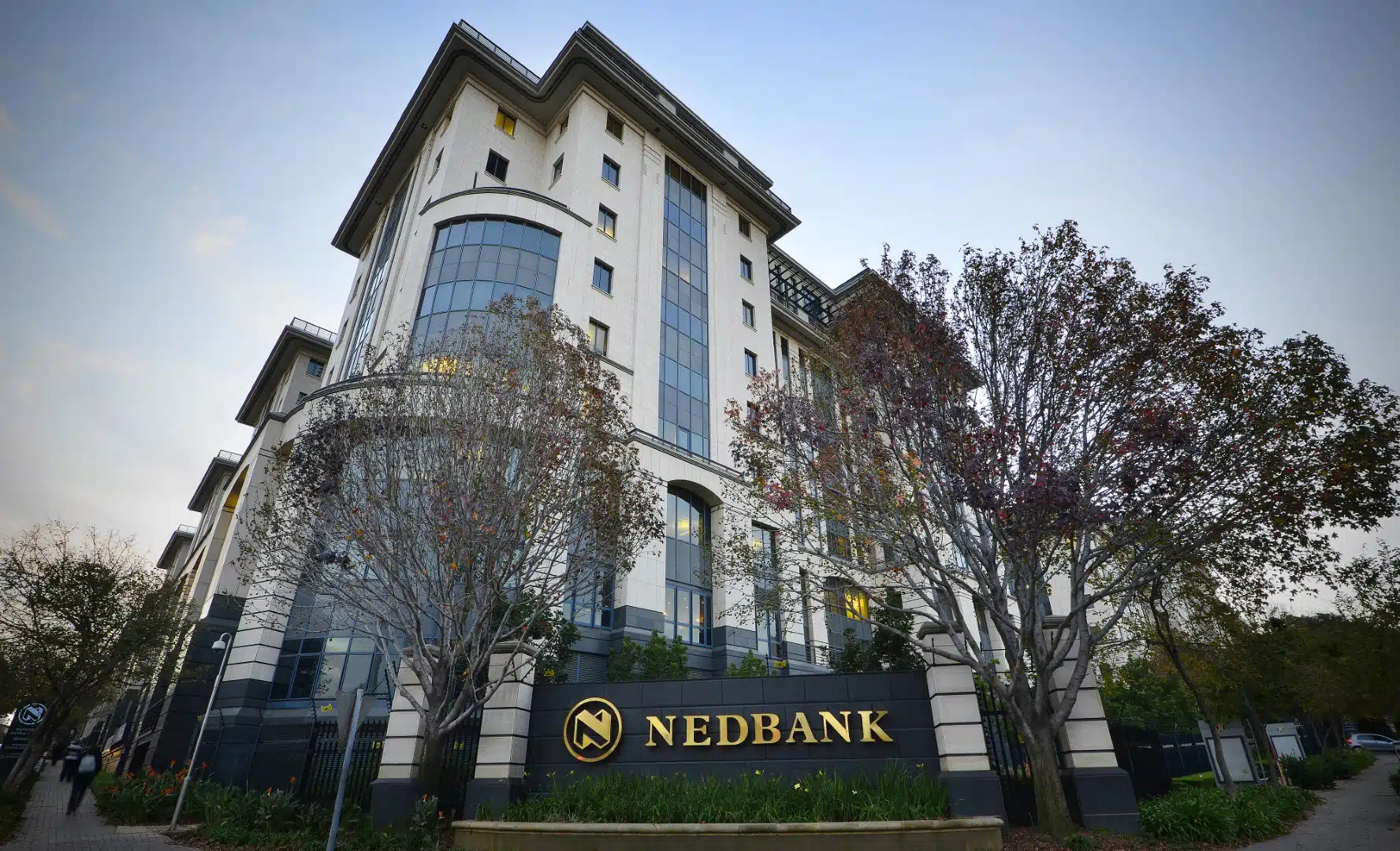Three of Nigeria’s key financial regulators imposed a combined $10.7 million in fines on seven of the country’s largest banks in 2024, marking an extraordinary rise of more than 6,000% compared to penalties of $179,000 recorded in the previous year.
The sanctions, disclosed in the banks’ audited financial statements, were handed out by the Central Bank of Nigeria (CBN), the Securities and Exchange Commission (SEC), and the Nigerian Exchange Limited (NGX).
Zenith Bank, Access Bank, Guaranty Trust Holding Company (GTCO), United Bank for Africa (UBA), First City Monument Bank (FCMB), FBN Holdings, and Fidelity Bank were among those fined for a range of regulatory infractions.
The offenses cited included failures to comply with anti-money laundering (AML) protocols, lapses in cybersecurity incident reporting, breaches of customer protection rules, violations of foreign exchange regulations, and other supervisory requirements.
Many of the violations stemmed from compliance demands introduced under Nigeria’s major financial framework, particularly the Banks and Other Financial Institutions Act (BOFIA) 2020 and accompanying circulars from the CBN.
Enacted to modernise Nigeria’s financial system, BOFIA 2020 strengthened regulatory oversight, empowering the CBN to enforce tougher operational standards and intervene in struggling institutions.
This backdrop has contributed to a more aggressive regulatory stance aimed at maintaining market integrity and safeguarding public trust as financial services become increasingly digital and complex.
Access Bank and Zenith Bank hit hardest as fines surge
A closer examination of the financial statements reveals that Access Bank and Zenith Bank bore the brunt of the regulatory crackdown, accounting for the bulk of the sector-wide penalties in 2024.
Together, the two lenders paid N10.3 million in fines, representing more than 90% of the penalties recorded in 2024 and a dramatic jump from $36,690 registered at the end of 2023.
Zenith Bank – $9.6 million
Main offense: Foreign exchange market breaches.
Other violations:
- Late resolution of customer complaints
- Non-compliance with customer charge reconciliation
- Cybersecurity breaches
- Weak customer onboarding documentation
- Anti-money laundering (AML) control lapses
- General regulatory breaches.
Zenith Bank, Nigeria’s largest lender by market value, was the worst hit, incurring a total of $9.6 million in fines from the CBN alone, up sharply from $13,054 the previous year.
The steep penalties stemmed primarily from infractions uncovered during a foreign exchange examination, including a single $9 million fine related to breaches of foreign exchange market practices.
The heavy fines coincided with the CBN’s intensified regulatory oversight of the FX market. In 2024, the central bank rolled out a series of reforms to boost transparency, including the introduction of the FX Code, which came into effect on October 14, 2024.
The new framework sets ethical and professional standards for banks and other market participants, requiring quarterly compliance reports and imposing financial penalties for breaches.
Other violations by Zenith Bank included the late resolution of customer complaints, non-compliance with customer charge reconciliation directives, cybersecurity breaches, weak customer onboarding documentation, lapses in AML controls, and general breaches of extant banking regulations.
Access Bank – $750,000
CBN penalties:
- Wrongful warehousing of government funds
- Breaches of AML regulations
- Failure to renew expired customer debit cards
- Poor screening against financial sanctions lists
- Delayed cybersecurity incident reporting.
SEC penalty:
- Fine for unauthorised sale of securities.
Access Bank also faced substantial sanctions, paying a total of $750,000 in penalties to the CBN and SEC.
Infractions included the wrongful warehousing of funds received from a government agency, multiple breaches of AML regulations, failure to properly renew customer debit cards, inadequate screening of customer databases against targeted financial sanctions lists, and delayed reporting of cybersecurity incidents.
Meanwhile, the SEC fined Access Bank $63,000 for the unauthorised sale of securities.
According to their financials, the remaining five lenders also recorded a notable increase in regulatory fines across a variety of infractions.
Guaranty Trust Holding Company (GTCO) – $240,000
- Main offenses:
- Breaches of consumer protection rules
- Reporting failures
- Deficiencies discovered during CBN mystery shopping exercises.
GTCO paid $240,000 in penalties in 2024, up from just $34,000 in the prior year. The bank’s fines were linked to breaches of consumer protection rules, reporting failures, and deficiencies uncovered during the CBN’s mystery shopping exercises.
United Bank for Africa (UBA) – $93,308
- Violations:
- Cybersecurity reporting lapses
- Improper sale of foreign exchange to customers
- Incomplete account documentation.
which had reported no penalties in 2023, incurred $93,308 in 2024 for infractions including cybersecurity reporting lapses, improper sale of foreign exchange to customers, and incomplete account documentation.
Tier-two lenders FCMB and Fidelity Bank were also not spared.
First City Monument Bank – $74,813
- Infractions:
- AML rule violations
- Breaches of clearing system regulations
- Customer protection standard breaches.
FCMB paid $74,813 in fines for violations relating to AML rules, clearing system regulations, and customer protection standards.
Fidelity Bank – $44,652
- Offenses:
- Cash shortages
- AML/counter-terrorism financing (CTF) regulation breaches
- Reporting failures.
Fidelity Bank paid $44,652 for infractions including cash shortages, AML/counter-terrorism financing (CTF) regulation breaches, and reporting failures.
FBN Holdings – $21,081
- CBN-related penalties:
- Cybersecurity reporting delays
- Failure to act on external audit recommendations
- Unresolved customer complaints
- Unauthorised senior staff appointments.
- NGX fine:
- Delays in filing audited and unaudited financial statements.
FBN Holdings, one of the country’s largest banks, recorded $21,081 in penalties for cybersecurity reporting delays, failure to act on external audit recommendations, unresolved customer complaints, and unauthorised senior staff appointments.
FBN was also the only bank sanctioned by the Nigerian Exchange Limited (NGX), paying $5,037 for delays in filing its audited financial statements for the year ended December 31, 2023, and its unaudited financials for the quarter ended March 31, 2024.
Anti-money laundering lapses emerge as a persistent challenge
Amid the record fines and rising scrutiny, one troubling trend has emerged: persistent breaches of anti-money laundering and counter-terrorism financing regulations.
Almost every lender’s financials disclosed infractions tied to weak AML compliance, highlighting a systemic vulnerability that regulators warn could undermine Nigeria’s broader financial stability efforts.
Earlier in November 2024, CBN disclosed that it levied penalties totalling $9.3 million on 29 banks for AML and CTF violations during the year, underscoring the severity of the issue.
The apex bank, which leads the enforcement of AML regulations within the financial sector, has stressed the need for banks to address the root causes of these breaches, including inadequate customer due diligence, weak transaction monitoring systems, and insufficient internal controls.
While financial institutions have made notable strides — deploying real-time transaction monitoring systems and using artificial intelligence to detect suspicious activities — experts say more work is needed.
They recommend that banks adopt a risk-based approach, prioritising compliance efforts on high-risk customers and transactions, strengthening internal reporting standards, and ramping up staff training to tackle evolving money laundering tactics.
As regulatory expectations rise and Nigeria faces increasing pressure from global partners to curb illicit financial flows, the financial sector’s ability to close these gaps will be crucial to restoring trust and safeguarding the credibility of the banking system.











